News
-
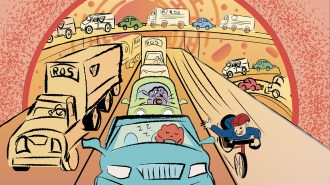 Health & Medicine
Health & MedicineSluggish proteins may underpin aging and chronic disease
Sticky, sluggish proteins with “proteolethargy” may be a common denominator underpinning life’s ailments.
By Elie Dolgin -
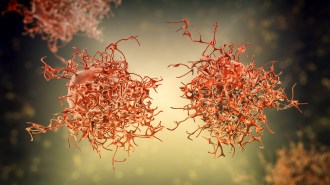 Health & Medicine
Health & MedicineCervical cancer deaths are plummeting among young U.S. women
A new study shows a steep drop in cervical cancer deaths among the first cohort of women who were eligible for the HPV vaccine.
-
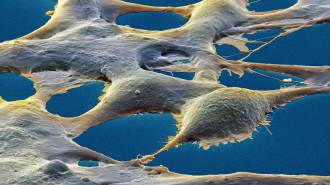 Neuroscience
NeuroscienceLike brain cells, kidney cells can form memories
Scientists found memory’s molecular machinery at work in cells outside the nervous system.
-
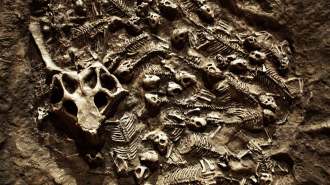 Paleontology
PaleontologyChina’s famously rich dinosaur fossil beds get a new origins story
Cave-ins and floods may have buried the Cretaceous creatures of the fossil Jehol Biota rather than volcanic eruptions, a new study claims.
-
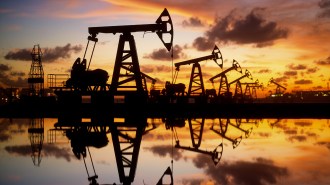 Climate
ClimateFrom electric cars to wildfires, how Trump may affect climate actions
Trump’s first term, campaign pledges and nominees point to how efforts to address climate change and environmental issues may fare.
By Carolyn Gramling and Nikk Ogasa -
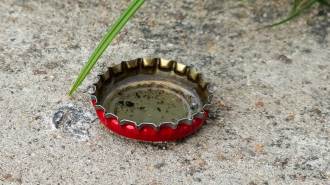 Health & Medicine
Health & MedicineDengue is classified as an urban disease. Mosquitoes don’t care
Infectious diseases are often labeled “urban” or “rural.” Applying political labels to public health misses who is at risk, experts argue.
By Sujata Gupta -
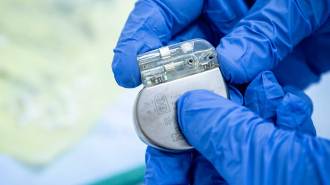 Health & Medicine
Health & MedicineRefurbished heart pacemakers work like new
“Old” pacemakers may still work for years, so doctors are refurbishing used devices and donating them to patients in low- and middle-income countries.
By Meghan Rosen -
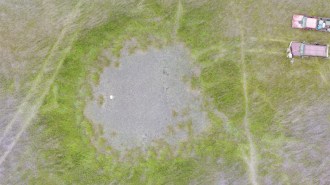 Archaeology
ArchaeologyAncient Central Americans built a massive fish-trapping system
Earthen channels directed fish into ponds that formed seasonally, providing a dietary bounty for Maya civilizations starting around 4,000 years ago.
By Bruce Bower -
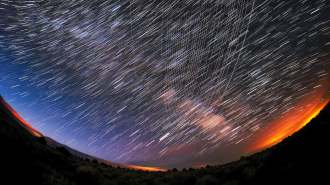 Climate
ClimateSatellite space junk might wreak havoc on the stratosphere
Hundreds of defunct satellites plunge toward Earth every year. Scientists are studying how the chemical stew left in their wake impacts the atmosphere.
-
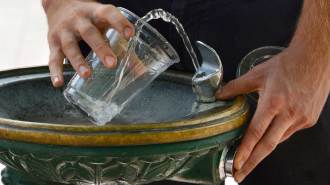 Health & Medicine
Health & MedicineScientists identify a long-sought by-product of some drinking water treatments
Chlorine-based water treatments create many by-products, but one has been elusive. Its identification sets the stage for studying its health effects.
By Sid Perkins -
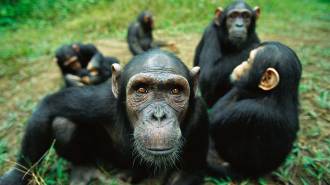 Animals
AnimalsFor adult chimps, playing may be more important than previously thought
A multiyear study of dozens of wild, adult chimps suggests that play helps reduce tension and boost cooperation among individuals.
-
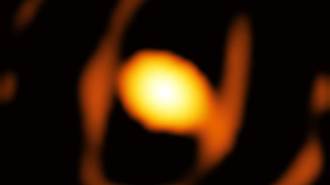 Astronomy
AstronomyThis is the first close-up image of a star beyond our galaxy
The first-ever close-up of an extragalactic star looks different than expected and might give a view of what stars look like at the end of their lives.